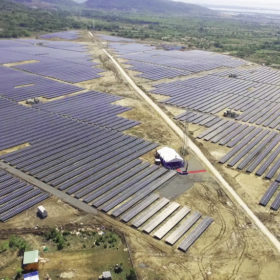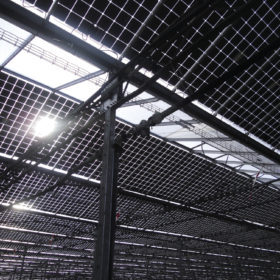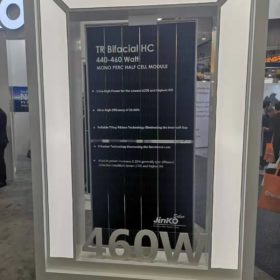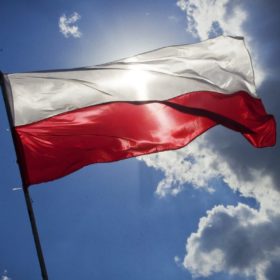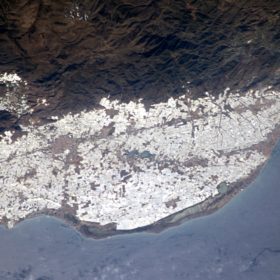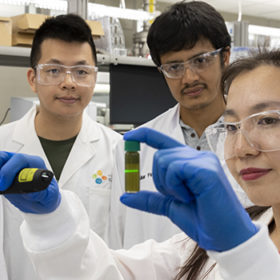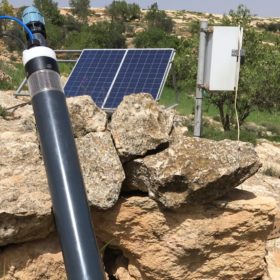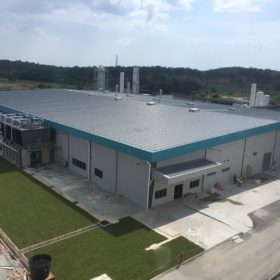Vietnam to stop licensing large-scale solar projects
In a newly published policy document, Hanoi has urged regional governments and the country’s state-run utility, EVN, to suspend authorizations for new solar parks until further notice. Around 8.93 GW of utility-scale solar capacity is already approved for development in Vietnam, according to the Ministry of Industry and Trade.
New thermodynamic formula to calculate bifacial gains
An American research team developed the new formula by applying to bifacial cells the Shockley-Queisser triangle, which is used to calculate the maximum theoretical efficiency of a monofacial solar cell using a single p-n junction technology. According to the group’s findings, the triangle can help to clarify the deeper physical principles of the bifacial technology.
Jinko aims for 10 GW of Tiger module production capacity by 2021
The Chinese manufacturer’s roadmap for its new module technology includes plans to raise panel output to 500 W. The Tiger modules are said to be fully compatible with the company’s existing module encapsulation processes and equipment.
Poland’s auction for 1 MW-plus renewables projects concludes with lowest bid of $0.04248/kWh
Wind took the largest share of the awarded capacity, according to the preliminary results, but newly introduced limitations for such projects helped solar to take a significant portion of the allocated power for the first time in a Polish energy auction, with the highest bid coming in at $0.0608/kWh.
Maximizing the potential of PV irrigation in Spain’s ‘Sea of Plastic’
Spanish researchers have developed an analytical model to optimize the operation of PV water pumping systems. They say simultaneously irrigating different parts of a farm could help minimize costs and maximize energy use. The model was tested on an olive farm divided into four zones in the Spanish province of Almería.
Tungsten disulfide helps organic solar cell reach 17% efficiency
Researchers from Saudi Arabia’s King Abdullah University of Science and Technology claim to have developed a highly performant organic PV cell using tungsten disulfide flakes a few atoms thick. The stability of the device, however, is still to be evaluated.
Solaria bags power supply deal for 105 MW of solar in Spain
The Spanish business has secured a 10-year power purchase agreement signed by Swiss electric company Alpiq.
Big solar-plus-storage project helping Haiti reduce diesel consumption and power prices
The government of the Caribbean island is planning two solar parks with large scale storage with the help of the Inter-American Development Bank and the United States Agency for International Development. Inter-American is seeking technical help with tendering the projects.
A solar-powered irrigation pump with pay-as-you-go option
Comet-ME has developed a solar-powered submersible borehole piston pump for off-grid communities and smallholders to use for irrigation and domestic purposes. The device, compatible with PV systems from 300-900 W in size, can pump water from 45m with as little as 50 W of continuous solar power.
1366 Technologies adds $18m in pursuit of cheaper silicon solar cells
The company’s technology falls into the ‘kerfless’ wafer category: Instead of sawing silicon ingots into wafers, a time-consuming and wasteful process, 1366’s approach forms wafers directly, using molten silicon.
